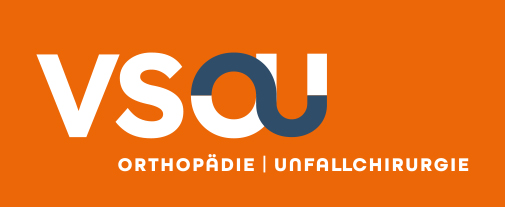Ihre Suche ergab 1 Treffer
Digitale Transformation der Medizin
Hintergrund und Ziel der Arbeit: Die digitale Transformation ist ein aktuell stattfindender, fundamentaler Wandlungsprozess des medizinischen Versorgungssystems. Aber worin bestehen die Veränderungen, und welche Kompetenzen benötigen Ärzte, um im digitalen Zeitalter effektiv handeln zu können? Der Beitrag möchte zum einen die Veränderungen und die hierfür notwendigen Kompetenzen beleuchten, die Ärzte im Allgemeinen und Orthopäden und Unfallchirurgen im Spezifischen benötigen. Zum anderen wird das erste deutschsprachige „Curriculum 4.0“ vorgestellt, welches die digitale Transformation im Medizinstudium abbildet.
Methoden: Das Blended-learning-Curriculum „Medizin im digitalen Zeitalter“ adressiert in 5 Modulen die diversen Transformationsprozesse der Medizin von digitaler Kommunikation über Smart Devices und medizinische Apps, Telemedizin, virtuelle/augmentierte und robotische Chirurgie bis hin zu Künstlicher Intelligenz und Big Data.
Ergebnisse: Die Evaluation des Kurskonzepts erfolgte sowohl qualitativ als auch quantitativ und demonstriert einen Kompetenzgewinn in den Bereichen „Wissen“ und „Fertigkeiten“ sowie eine differenziertere „Haltung“ nach Kursabschluss.
Diskussion: Die didaktische Vermittlung digitaler Kompetenzen ist ein relevanter Bestandteil der Weiterentwicklung des Medizinstudiums und der Fort- und Weiterbildung. Bei der Entwicklung dieser Curricula muss jedoch auch die hohe Geschwindigkeit des Veränderungsprozesses der digitalen Transformation beachtet und eine curriculare Anpassung im Sinne eines „agility by design“ bereits bei der Konzeption ermöglicht werden.
Background and goal of the work: The digital transformation is a currently occurring, fundamental transformation process of the medical system. But what are the changes? What skills do doctors need to be able to act effectively in the digital age?
First, the article aims to address the changes and the competences, which physicians in general and orthopedic and trauma surgeons need. Secondly, the first German „Curriculum 4.0“ is presented, which depicts the digital transformation in medical studies.
Methods: The blended learning curriculum „Medicine in the Digital Age“ addresses in five modules the diverse transformation process. It covers topics ranging from digital communication, smart devices and medical apps, telemedicine, virtual, augmented, robotic surgery to artificial intelligence and big data.
Results: The evaluation of the course concept was both qualitative and quantitative and demonstrates a gain in competence in the areas of „knowledge“ and „skills“ as well as a more differentiated „attitude“ after completion of the course.
Discussion: The teaching of digital skills is a relevant component of future curriculum development in medical studies and also a challenge for continuing medical education. In the development of these curricula, the speed of the transformation process must be considered. A curricular adaptation in the sense of an „agility by design“ is hereby a purposeful approach.
